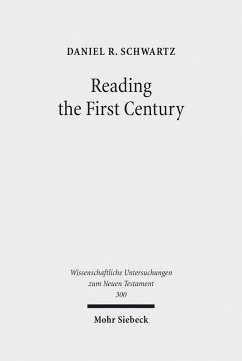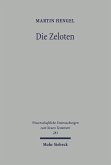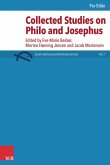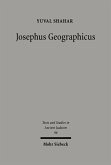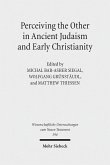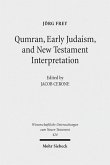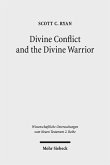The writings of Flavius Josephus provide much of what we know about the first century CE - which witnessed the birth of Christianity, the destruction of the Second Temple of Jerusalem, and the concomitant rise of rabbinic Judaism. However, Josephus was an author, not a video camera, and what he wrote often reflects much apart from what actually happened in the first century: Josephus' works were affected both by his literary models and by current events, and they functioned in various ways for Josephus as an individual and also as a Jew and a Roman, writing in a time of tumult and radical change. Moreover, as all ancient works, texts by Josephus often raise such basic philological questions as what the original text is, what it means, what sources (if any) it reflects, and how it relates to other texts. Daniel R. Schwartz argues that by building from the bottom up - first establishing the text and its meaning, then moving on to issues of Josephus' models, sources, and purposes, as well as comparing his testimony with that supplied by other relevant sources, such as the works of Philo and the New Testament - we may nevertheless reconstruct, with some confidence, the events and processes of this crucial era.
Dieser Download kann aus rechtlichen Gründen nur mit Rechnungsadresse in A, B, BG, CY, CZ, D, DK, EW, E, FIN, F, GR, HR, H, IRL, I, LT, L, LR, M, NL, PL, P, R, S, SLO, SK ausgeliefert werden.

